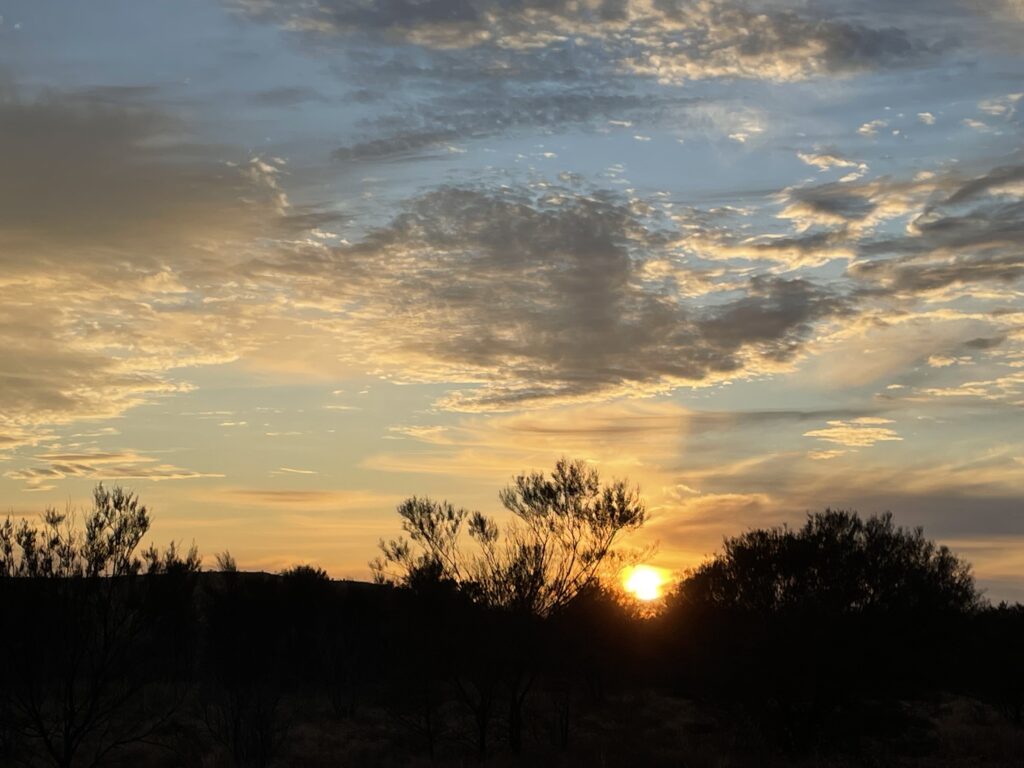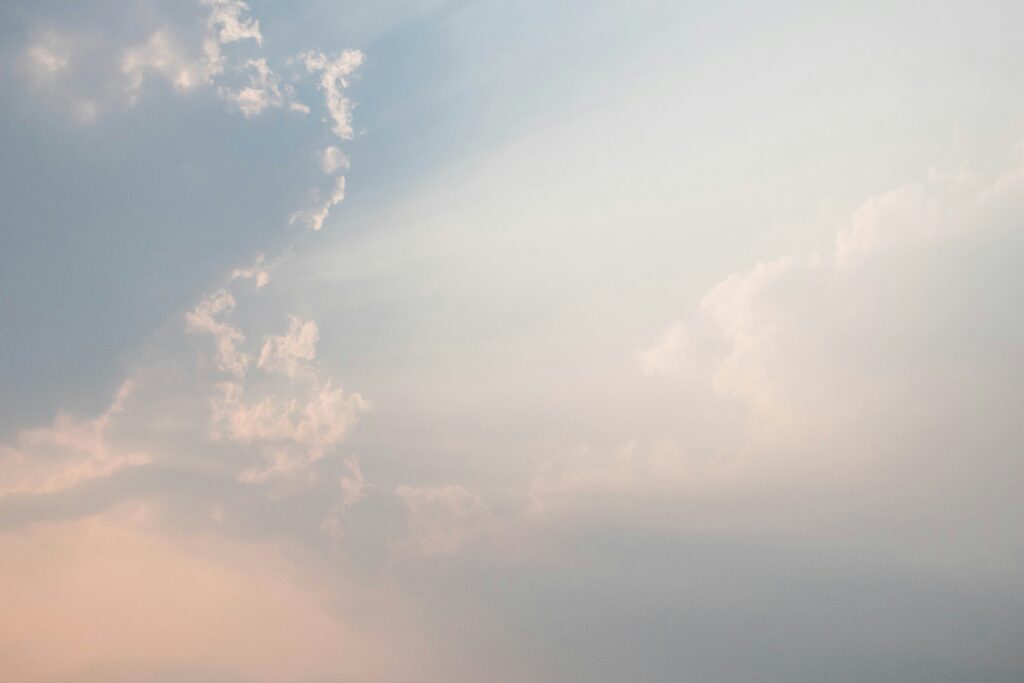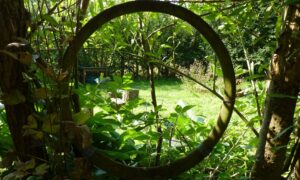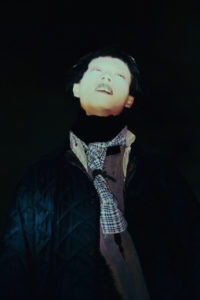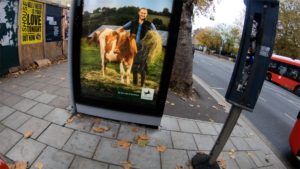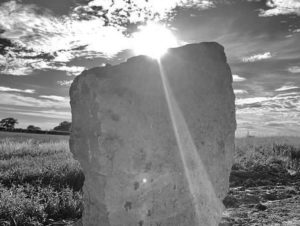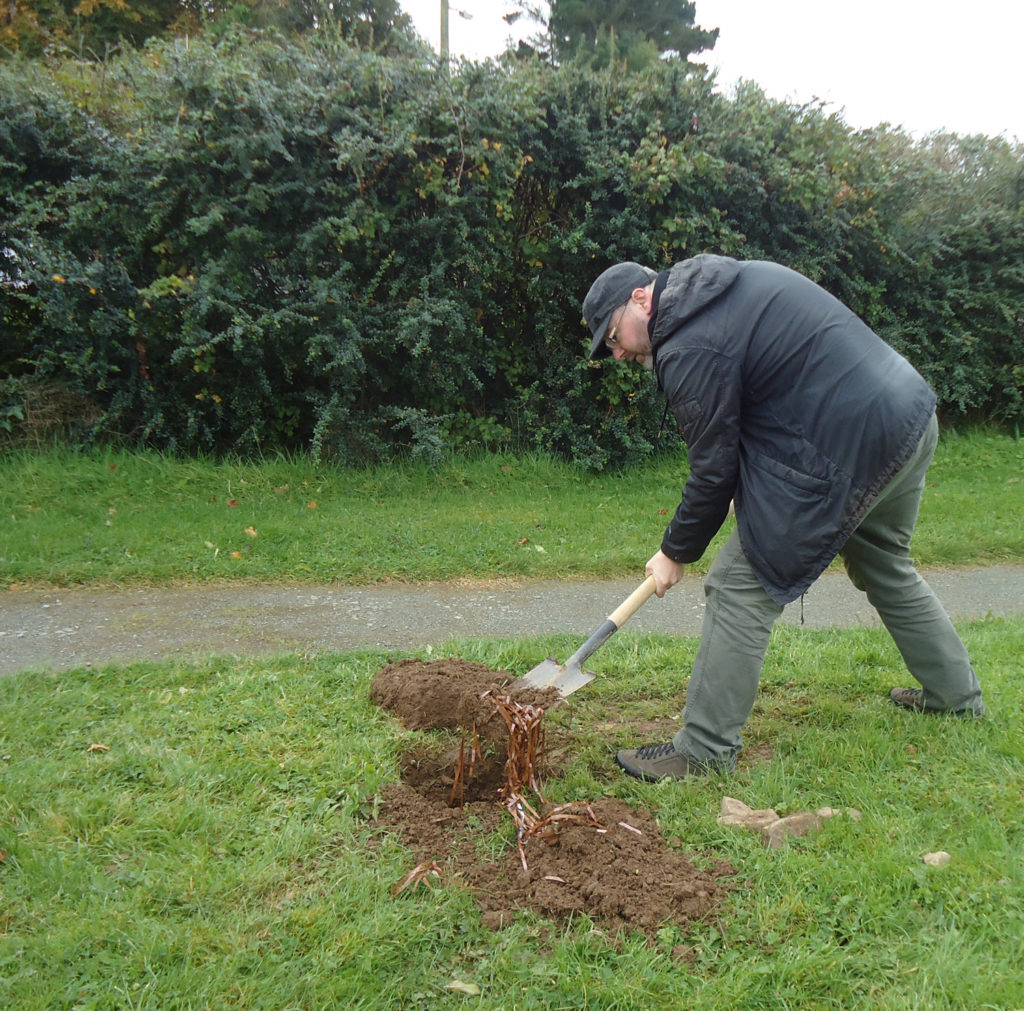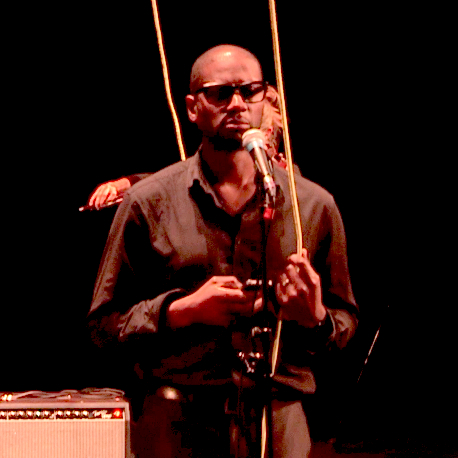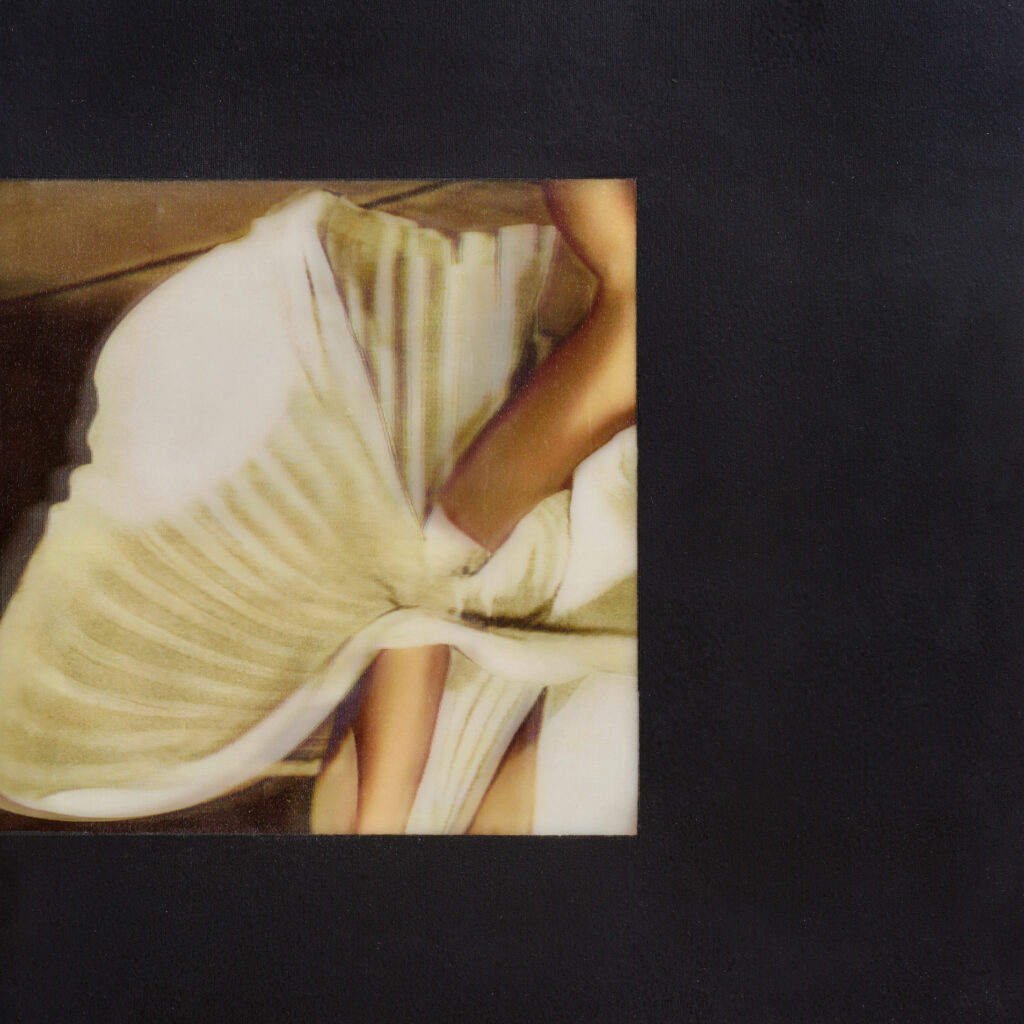
by Dominic J. Jaeckle & Nadia de Vries
Verse & Chorus
Readers, in order of appearance
Nadia de Vries;
Cíntia Gil;
Diamanda La Berge Dramm;
Mark Lanegan;
Stanley Schtinter;
Becket Flannery;
Vilde Valerie Bjerke Torset;
Matthew Shaw;
& Duke Garwood.
An exquisite corpse of an “I” played out in a multiplicity of voices, Verse & Chorus is an experimental act of collaborative reworking that quilts and collages cuts from two manuscripts (Jaeckle and de Vries) into an imagined third object. In order of appearance, the piece assembles readings from Nadia de Vries, Cíntia Gil, Diamanda La Berge Dramm, Mark Lanegan, Stanley Schtinter, Becket Flannery, and Vilde Valerie Bjerke Torset, with an accompaniment of borrowed songs and original music from Matthew Shaw, Mark Lanegan, and Duke Garwood.
Jaeckle and de Vries writings are excerpted from two collections published by Dostoyevsky Wannabe; Jaeckle’s 36 Exposures and de Vries’ I Failed to Swoon, 2021. Verse & Chorus was first broadcast on Montez Press Radio (New York), 29.01.21, and was broadcast thereafter as an element of the online programme for the 2021 edition of Rewire Festival (The Hague, Netherlands), 06.05.21.
This twitter-verse feed takes philosophy personally, mixmasters it up with best friends and late-night movie simulations. While there are encounters by the galore, and biographical instants dropped like crumbs on a forest walk, the focus here is not on the story, but the lighting, the staging, the choreography of digression. Talk about talking. In these mirrors are reflections of a lost brother, an almost date, an almost self, on the times we used to have, the blood rites we shared until we couldn’t. […] Pensive, coiled, we are dropped in the midst of a drama that will need to bury a few Russian philosophers before life can begin again. And coursing through it all this essential belief: that the right painted apple, the right sentence, the right thought: would change the world. The revolution is in the waiting room.
Mike Hoolboom, on Jaeckle’s 36 Exposures
I Failed to Swoon fails to swoon; it relays; it blurts; like someone breaking bad news to you, but about themselves and with no bedside manner, who then moves to sit somewhere else while maintaining eye contact; De Vries is a poet of barbed brevity, brutal idiom, figgety desire and delicious deadpan, like fresh white spit on a patent leather shoe; what can you do but hold up your fist of horns and believe her entirely?
Jack Underwood, on de Vries’ I Failed to Swoon
With aphorism, deep pith, and humour, Nadia de Vries delivers her sly lines and contrarian point of view with great force, making an uncomfortable music. I Failed to Swoon keeps it real. It has menace.
Peter Gizzi, on de Vries’ I Failed to Swoon
Artwork Jason Shulman, ‘Lenticular Marilyn,’ © 2017
nadiadevries.com
dominicjaeckle.com
tenementpress.com
